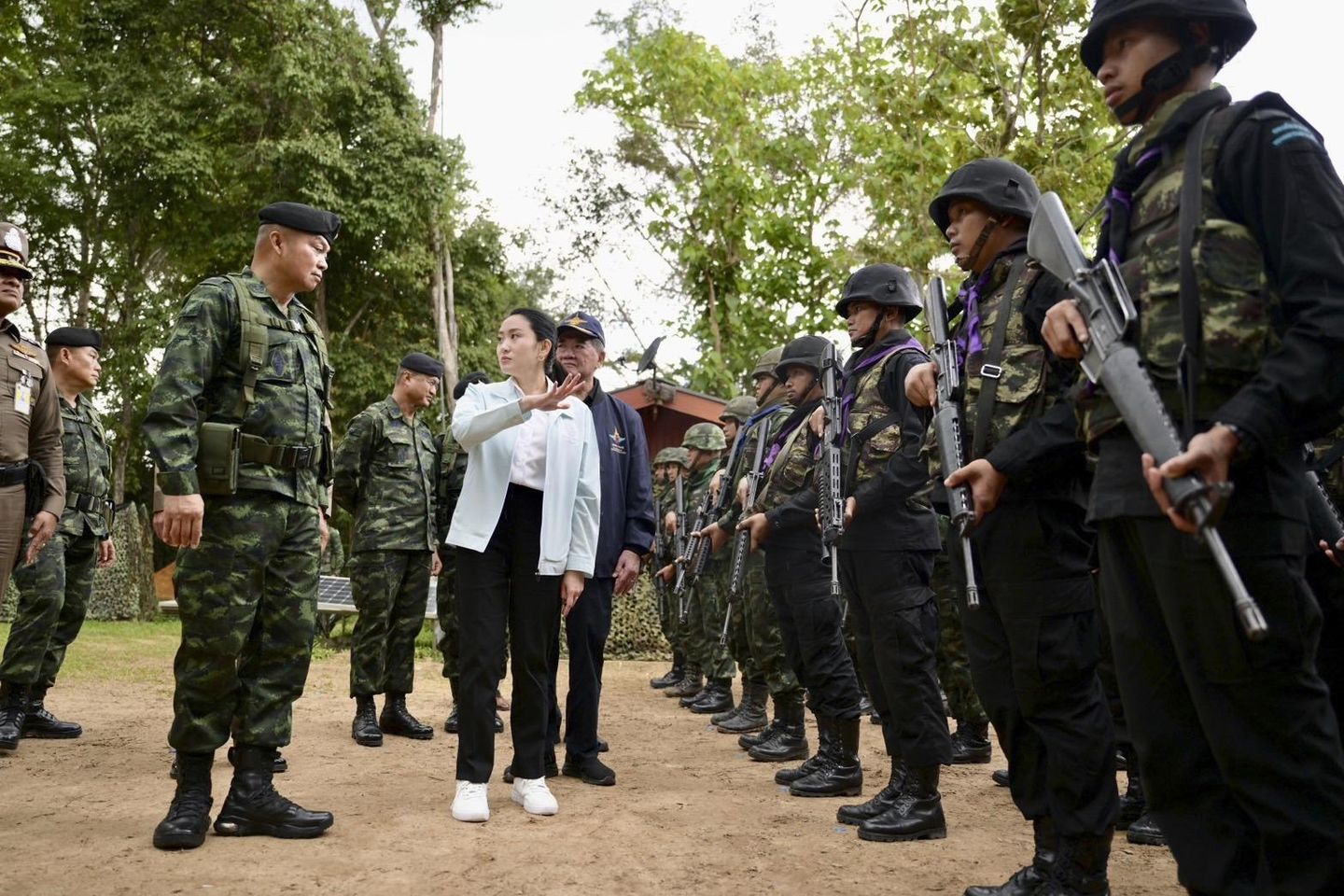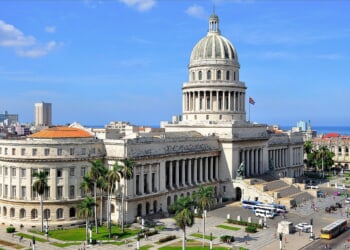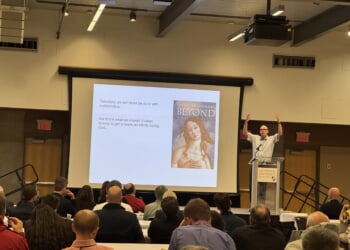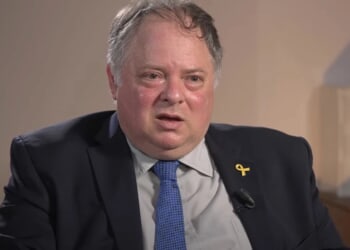
BANGKOK, Thailand — Prime Minister Paetongtarn Shinawatra resisted demands on Sunday that she resign, shrugging off warnings by politicians, analysts and the media of a possible military coup after she criticized a Royal Thai Army commander during a leaked phone call with Cambodia’s de facto leader Hun Sen.
The current crisis began May 28, when Thai troops shot dead one Cambodian soldier in the disputed Emerald Triangle where eastern Thailand, northern Cambodia and southern Laos meet. Since then, the release of a taped conciliatory phone call between Ms. Shinawatra and Mr. Hun Sen has energized the prime minister’s critics, including the nation’s powerful military.
“Analysts said another coup would create more problems than it would solve. It would be a disaster for the country, which has still not fully recovered from the consequences of the previous coup in 2014,” the conservative Bangkok Post warned in a Friday editorial.
“Despite assurances from the army chief about protecting democracy, concerns are mounting over a possible military intervention,” Bloomberg News reported on Friday.
“A dangerous game that could lead to self-destruction!” Cambodia’s de facto leader, Senate President Mr. Hun Sen, wrote in Khmer language online on Friday.
He was responding to Thais who suggested Bangkok cut off oil exports to Cambodia as a negotiating pressure tactic to solve the border dispute.
“If you want that, go ahead with your plan,” Mr. Hun Sen said.
“If Thailand is bold enough, try expelling all Cambodian workers and see how much impact it would have on the Thai economy,” he wrote in an online post, referring to the thousands of skilled and semi-skilled Cambodians who labor in Thailand’s agricultural, construction, transportation and other sectors.
When the audio of Ms. Paetongtarn’s conversation on her personal mobile phone with Mr. Hun Sen on June 15 was leaked, it exposed her comments about the military confrontation along the disputed frontier, and her sensational statements about Thailand’s Second Army Region Commander Lt. Gen. Boonsin Padklang.
In the leaked call, she said to Mr. Hun Sen that she did not want him “to listen to the opposing side, especially since the [Thai] Second Army Region commander is entirely from the opposition.
“He [the Thai commander] just wants to appear cool or impressive. He may say things that are not beneficial to the country,” Ms. Paetongtarn told Mr. Hun Sen.
Lt. Gen. Boonsin Paadklang commands the Second Army Region, guarding northeastern Thailand’s border with Cambodia, including the disputed Emerald Triangle where the gunfire erupted.
On Sunday, Ms. Paetongtarn resisted demands for her to resign or call a snap election, and vowed to stay on despite warnings that her clinging to power amid the crisis could trigger a coup if the military perceives her as anti-army.
“The prime minister has firmly affirmed to us that she will continue to fully carry out her duties in addressing the crises the country is currently facing,” her Tourism and Sports Minister and party Secretary-General Sorawong Thienthong stated on Friday.
The Buddhist-majority Southeast Asian U.S. ally has suffered more than a dozen coups since changing from an absolute monarchy to a constitutional monarchy in 1932.
The Thai military toppled Ms. Paetongtarn’s billionaire father, twice-elected prime minister Thaksin Shinawatra, in a 2006 coup.
In a 2014 putsch, the military overthrew the government of her aunt, Prime Minister Yingluck Shinawatra.
“To say that Thailand is entering treacherous waters is an understatement,” wrote Pravit Rojanaphruk, a Khaosod English news columnist on Sunday.
“Depending on how the Paetongtarn Shinawatra government and people handle the situation in the coming days and weeks, Thailand could see its relationship with its neighbor, Cambodia, regressing by decades, or could face a military coup — or both,” Mr. Pravit said.


![Former Bravo Star Charged After Violent Assault Using a Rock-Filled Sock in Tennessee Walmart [WATCH]](https://www.right2024.com/wp-content/uploads/2025/07/Former-Bravo-Star-Charged-After-Violent-Assault-Using-a-Rock-Filled-350x250.jpg)



![Karoline Leavitt Levels CNN's Kaitlan Collins and Other Legacy Media Reporters [WATCH]](https://www.right2024.com/wp-content/uploads/2025/07/Karoline-Leavitt-Levels-CNNs-Kaitlan-Collins-and-Other-Legacy-Media-350x250.jpg)
![Man Arrested After Screaming at Senators During Big Beautiful Bill Debate [WATCH]](https://www.right2024.com/wp-content/uploads/2025/06/Man-Arrested-After-Screaming-at-Senators-During-Big-Beautiful-Bill-350x250.jpg)









